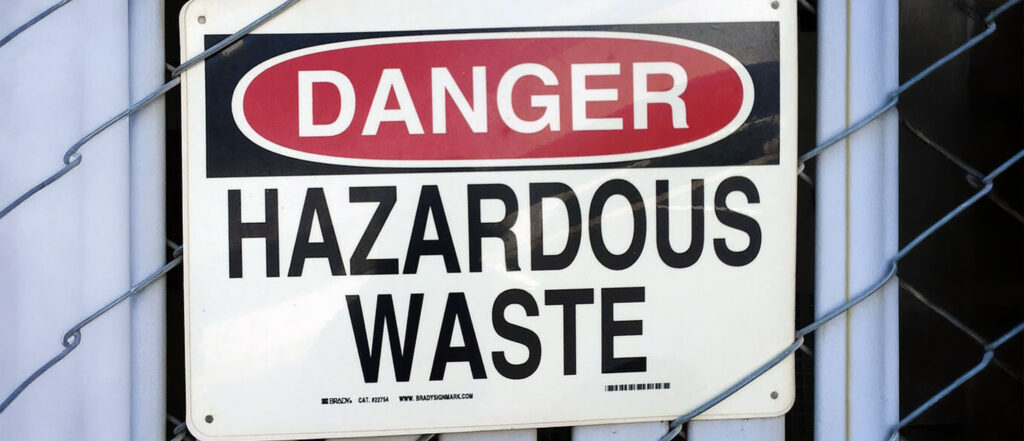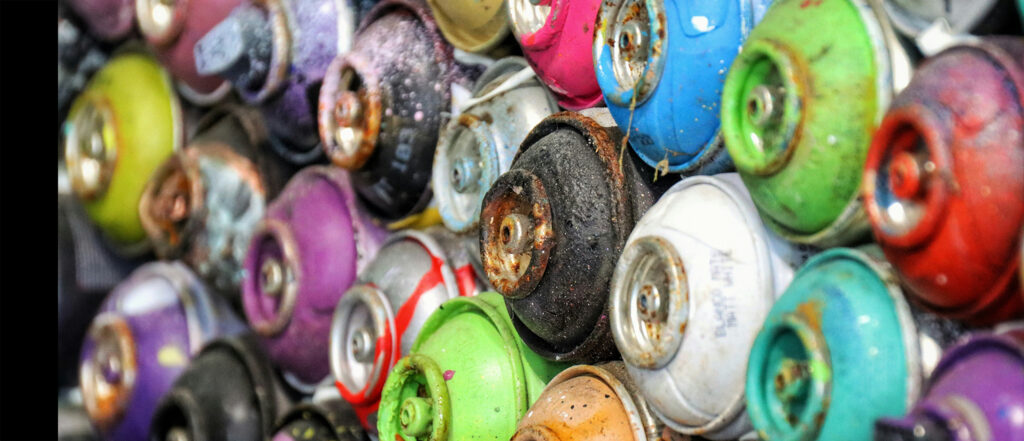Persistent Organic Pollutants (POPs) Notice

The new compliance requirements on items containing persistent organic pollutants (POPs) was introduced in December 2022 and takes effect between now and December 2024. What are POPs POPs are chemicals often used as flame retardants and were highly used in seating units that contain textiles, foams and other padding types prior to 2019. The compliance […]
How to dispose of aerosols safely

Aerosol cans are made up of approximately 60% tinplated steel and 40% aluminium, both of which are recyclable metals. With an estimated 600 million aerosols being used in the UK each year, aerosols are evidently a big opportunity in the recycling world! Since aerosols contain liquid or gas, which are pressurised with a propellant, they […]
Why You Should Never Throw Away Your Old Electronic Devices

As the electronic technology market develops, people are fast to ditch their old electronic devices for the latest model. But what happens to all the old devices? The fastest growing waste stream in the UK, electronic waste, also known as WEEE (waste electrical and electronic equipment), is estimated to add up to around 2 million […]
What Is Hazardous Waste?

Waste is generally considered hazardous if it (or the material/substances it contains) is harmful and poses a substantial threat to human health or the environment. To ensure that hazardous waste is safely and responsibly disposed of, there are several regulations that need to be complied with. Organisations that produce over 500kg of hazardous waste must […]